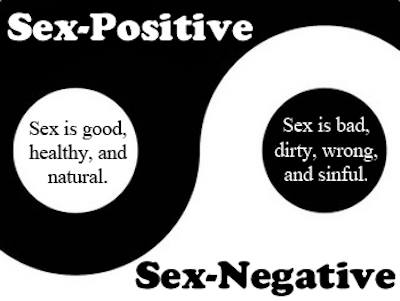Workshops & Lecture:

Dr. Peter Banki is a scholar, artist, festival producer and teacher. He publishes and teaches mostly in the fields of sexuality, French and German philosophy and literature from 18th Century to the present.
He is currently an associate member of the Philosophy Research Initiative at the University of Western Sydney, where he has also lectured and tutored in the School of Humanities and Languages
He holds a Ph.D from New York University (September, 2009). His book The Forgiveness to Come: The Holocaust and the Hyper-Ethical is forthcoming with Fordham University Press.
He is also founder and director (since 2015) of the Sydney Festival of Death and Dying and the Sydney Festival of Really Good Sex
He has been the host of Schwelle Sydney since 2011.
From 2011-2013 he was the artistic director as well as producer of the Festival on the Art of Lust – Xplore Sydney.
BEING BAD
“Supreme delight lies in the certainty of doing ‘evil’ – and men and women know from birth that all pleasure lies in evil.” – Charles Baudelaire
Being bad—flirting with evil—belongs to the repertoire of BDSM and, I would argue, sexuality in general. And yet, it is something many are frightened to explore, because understandably there is a fear of evil and being evil.
A lot of the sexiness of BDSM comes from the allure of being bad, of taking the risk of crossing borders of conventional morality and politeness. In this workshop, you’ll have a license to be bad. How bad can you be? How much bad will you allow to be done to you? What finally do you hold to be unacceptable? And why?
Finally, what role does forgiveness play in sexuality and BDSM?
Please bring some SM toys, if available!
BEING VERY BAD
In this workshop, you will not only have a licence to be bad, Peter will find the evil pleasure with himself and direct it at you.
Please bring some SM toys, if available!

REALLY BAD SEX
Eine Einführung in Sex Philosophie
What happens when things don’t work? When they break down? How do you deal with rejection? Abandonment? Humiliation? Mourning and loss? How do you cope with having deeply hurt someone?
Rarely acknowledged on the surface, these questions in truth are inseparable from those of really good sex. They are like its underside or shadow. There is no really good sex without the possibility of bad sex, and for this reason it is necessary in a certain way to explore it.
In this workshop, we’ll give ourselves the license to explore ‘really bad sex’, whatever that might mean for you: mindless, selfish, unconscious, reckless, dangerous, traumatic, timid, fake, aggressive, abusive, weak, unhappy, mechanical, ‘dysfunctional’, boring, ‘inauthentic’. We will open this up this un-knowing space to see what insights and experiences we may find there.
When it comes to sex, bad is not the simple opposite of good. There is the risk of reproducing dogmatic thinking, i.e., of presenting only what one considers good sex to be, and then denigrating and excluding whatever one considers to be bad. Very often our culture presents things to us simply in terms of good or bad, positive or negative, but sex can be both and neither.
The "Sex-Positive" Movement in the Context of Neo-Liberalism
Play Space Lecture
Festivals such as Xplore do not exist in isolation. They belong to a wider social and cultural movement, which contests dominant attitudes towards sexuality, while actively encouraging erotic education and expansion. There is obviously a political impetus behind such events to the extent that they seek to contribute to a culture that is more erotically informed and liberated.
It cannot be ignored, however, that like almost everything else today, the so-called “sex positive” movement operates within a context of neoliberalism. More than just the dominance of monetary values and economic calculation, neoliberalism may be understood as a governing rationality through which everything (whether wealth generating or not) is economized, submitted to market metrics and governed through market techniques and practices.
This lecture will “xplore” what are the consequences of neo-liberalism for the sex positive movement (up to and including the very name “sex positive”, which itself could be read as symptomatic of neoliberalism). How does neoliberalism at once enable and limit the “radical” or “socially progressive” aspirations of the sex-positive movement? And how can we identify the tendencies within this movement which may effectively resist neoliberalism? If one believes in the value of erotic festivals and erotic education, one needs to take such questions seriously.



